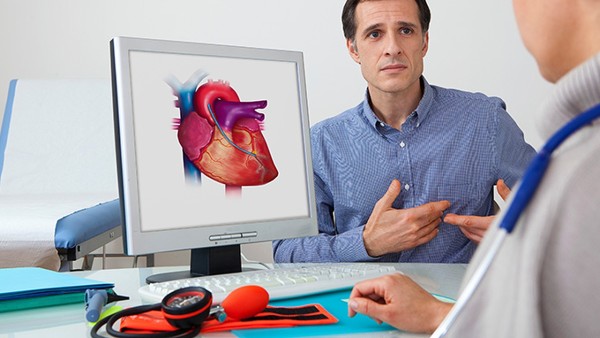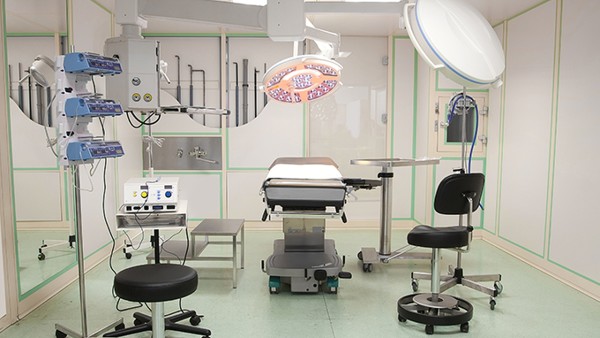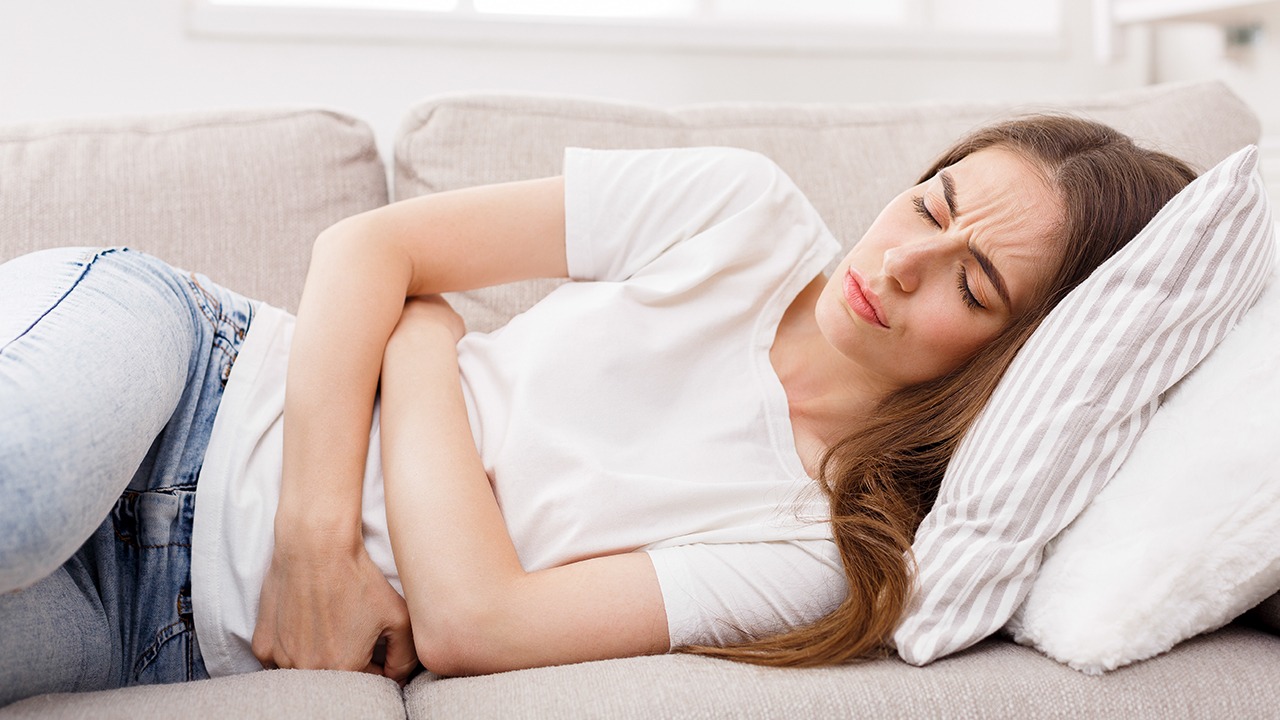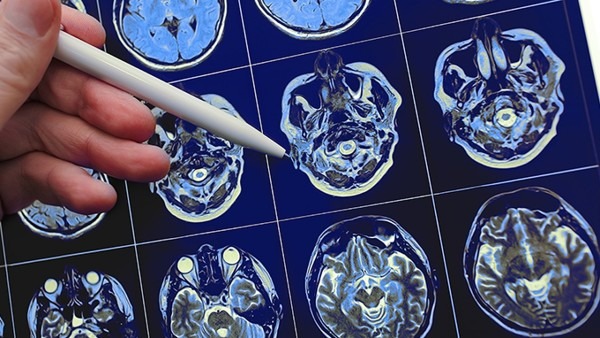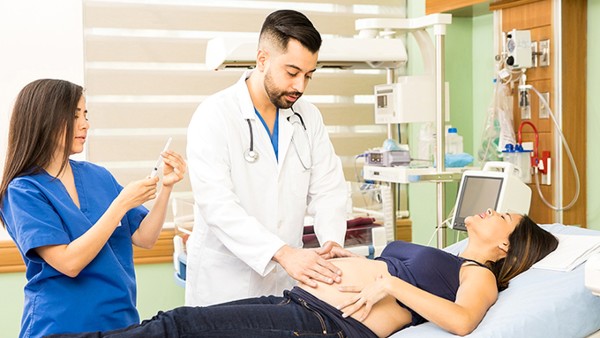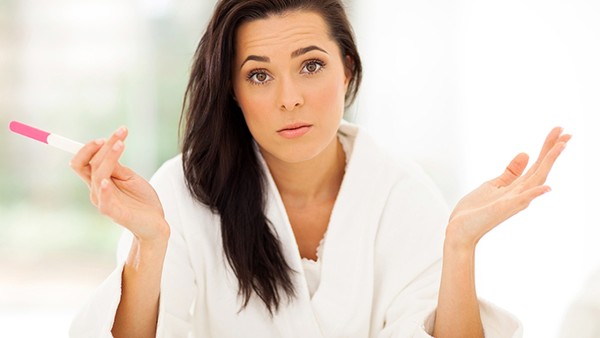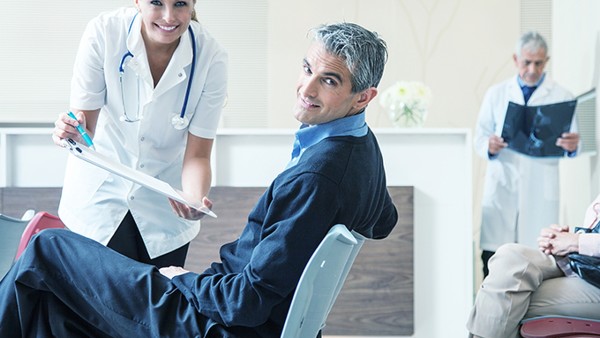Ovulation Induction Drugs Can Cause Ovarian Hyperstimulation

Ovulation induction drugs are medications used to stimulate ovulation in women who are not ovulating on their own. These drugs can be used in a variety of fertility treatments, including intrauterine insemination (IUI) and in vitro fertilization (IVF).
Ovulation induction drugs work by causing the ovaries to produce more follicles, which are the structures that contain eggs. In a normal menstrual cycle, one follicle will mature and release an egg. However, ovulation induction drugs can cause multiple follicles to mature and release eggs, which can lead to a condition called ovarian hyperstimulation syndrome (OHSS).
OHSS is a condition that can occur when the ovaries become enlarged and filled with fluid. This can cause a variety of symptoms, including:
Abdominal pain and bloating
Nausea and vomiting
Diarrhea
Weight gain
Shortness of breath
Difficulty urinating
In severe cases, OHSS can be life-threatening.
The risk of OHSS is highest in women who have polycystic ovary syndrome (PCOS). PCOS is a condition that causes the ovaries to produce multiple cysts. Women with PCOS are more likely to have multiple follicles mature and release eggs, which can lead to OHSS.
Other risk factors for OHSS include:
Being under the age of 35
Having a high body mass index (BMI)
Taking high doses of ovulation induction drugs
Having a history of OHSS
Symptoms of Ovarian Hyperstimulation
The symptoms of OHSS can range from mild to severe. Mild symptoms may include:
Abdominal pain and bloating
Nausea and vomiting
Diarrhea
Weight gain
More severe symptoms may include:
Shortness of breath
Difficulty urinating
Rapid heart rate
Confusion
Seizures
Diagnosis of Ovarian Hyperstimulation
OHSS is diagnosed based on a woman's symptoms and a physical examination. The doctor may also order blood tests and ultrasound to confirm the diagnosis.
Treatment of Ovarian Hyperstimulation
There is no specific treatment for OHSS. Treatment is focused on relieving symptoms and preventing complications. Treatment may include:
Rest
Fluids
Pain relievers
Anti-nausea medication
Hospitalization in severe cases
Prevention of Ovarian Hyperstimulation
There is no sure way to prevent OHSS. However, there are some things that women can do to reduce their risk, including:
Taking the lowest dose of ovulation induction drugs that is effective
Avoiding high doses of ovulation induction drugs
Having regular monitoring during fertility treatment
If you have PCOS, talk to your doctor about ways to reduce your risk of OHSS
Prognosis of Ovarian Hyperstimulation
Most cases of OHSS are mild and resolve within a few days. However, severe cases can be life-threatening. The prognosis for OHSS depends on the severity of the condition and the woman's overall health.
Ovulation Induction Drugs Can Cause Ovarian Hyperstimulation
Ovulation induction drugs are effective medications for stimulating ovulation. However, these drugs can also cause OHSS, a condition that can be mild or severe. Women who are considering ovulation induction should be aware of the risks of OHSS and talk to their doctor about ways to reduce their risk.
Additional Information
[Ovulation induction drugs](https://www.nichd.nih.gov/health/topics/ovulation-induction/conditioninfo/Pages/default.aspx)
[Ovarian hyperstimulation syndrome](https://www.mayoclinic.org/diseases-conditions/ovarian-hyperstimulation-syndrome/symptoms-causes/syc-20354516)
[PCOS and OHSS](https://www.pcosaa.org/ohss)
The above is all the content that the editor wants to share with you. I sincerely hope that these contents can bring some help to your life and health, and I also wish that your life will be happier and happier.
Topic: #drugs #induction #ovulation